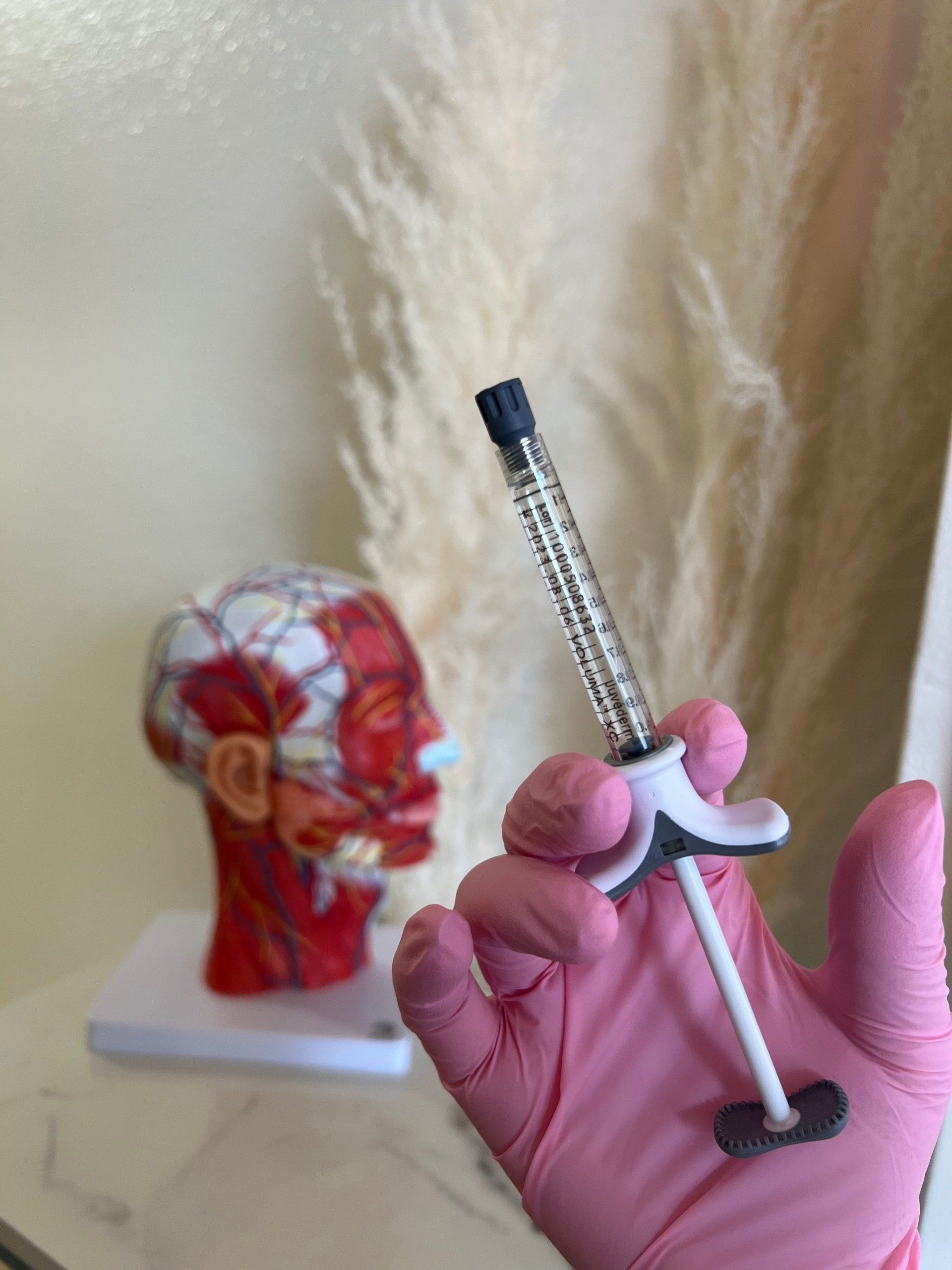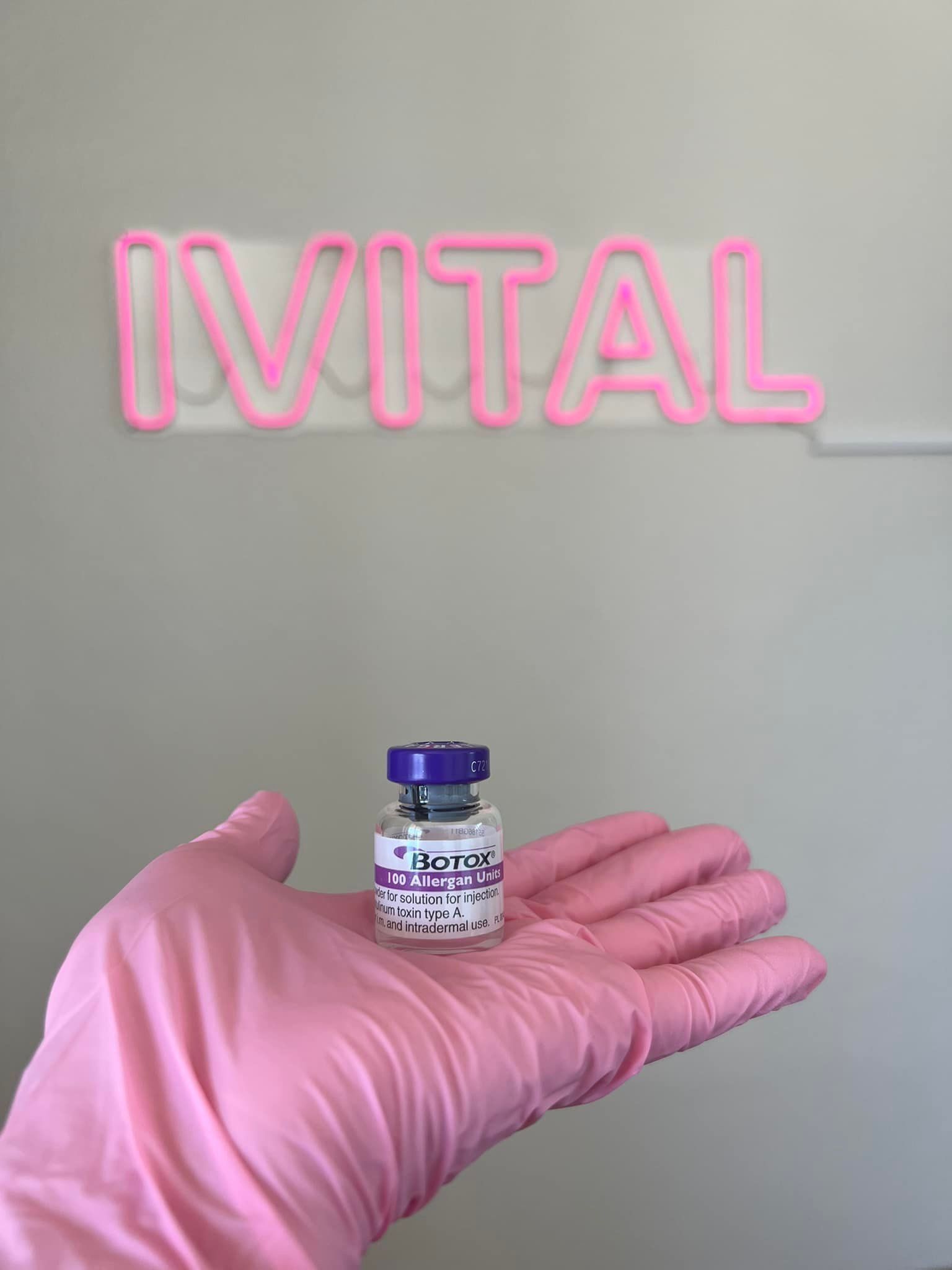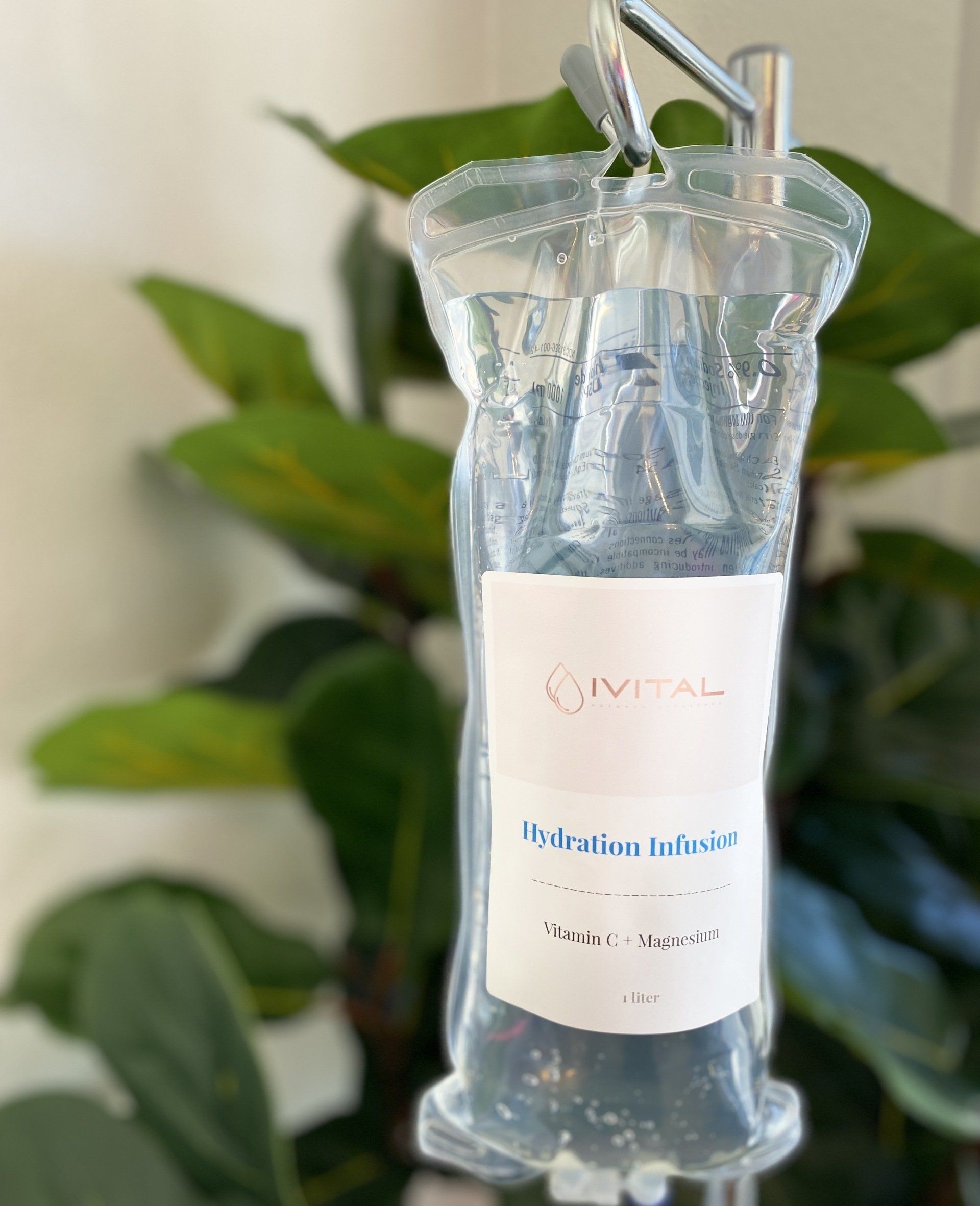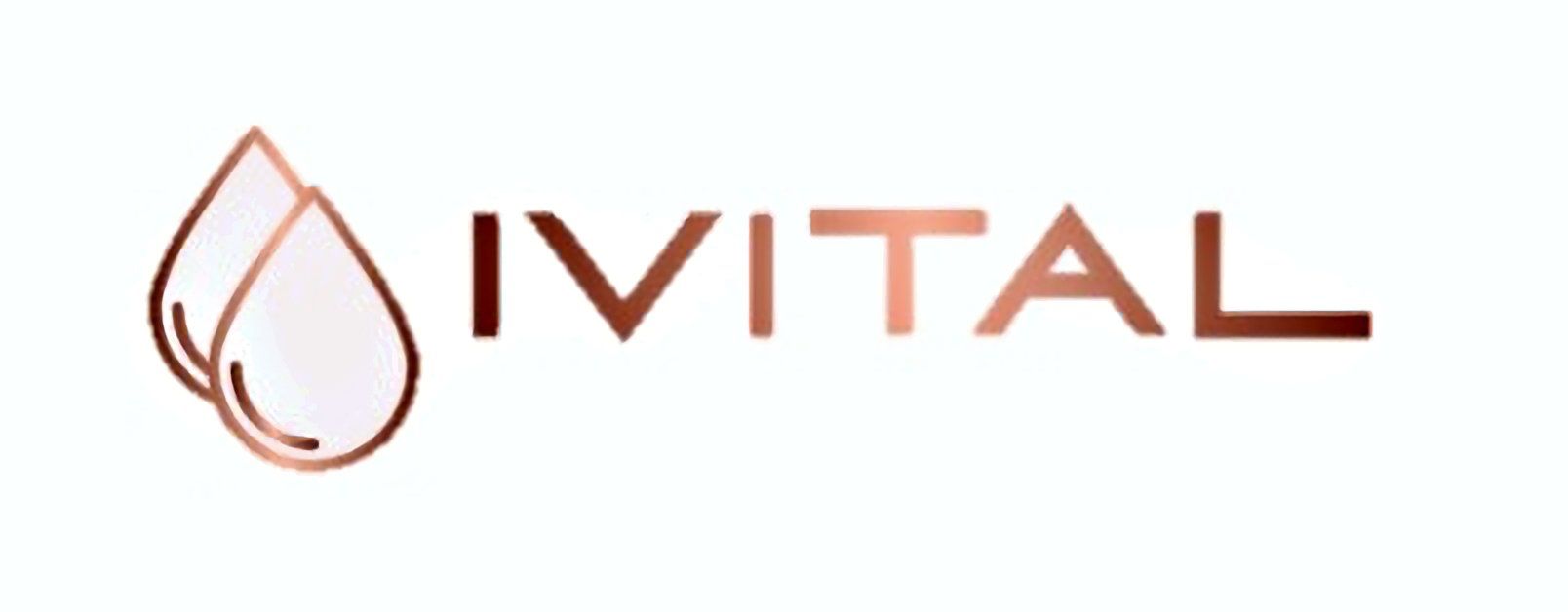Understanding IV Infusions: Who Should and Should Not Receive Them
In recent years, the popularity of IV infusions has surged, with claims of various health benefits ranging from hydration to vitamin replenishment. However, it's essential to recognize that only some are suitable candidates for this treatment. In this article, we'll explore who should avoid IV infusions, some potential associated risks, and the situations where IV infusions can be beneficial.

Who Should Avoid IV Infusions? People who are experiencing any of the following:
Active Blood Infection: Individuals battling a blood infection should avoid IV infusions to prevent further complications.
Congestive Heart Failure: Those with congestive heart failure may be at risk of exacerbating their condition with IV infusions.
Renal Disease or Failure: Individuals with kidney disease or those undergoing dialysis should steer clear of IV infusions due to potential complications.
Fluid or Salt Restrictions: Anyone on a fluid or salt-restricted diet or with conditions related to sodium deficiency should avoid IV infusions.
Very Elevated Blood Pressure: Individuals with significantly high blood pressure should consult their healthcare provider before considering IV infusions.
Liver Failure: Those experiencing liver failure should not undergo IV infusions, as it may worsen their condition.
Potential Risks and Side Effects:
Headache, Dizziness, Nausea: IV infusions can lead to these discomforts, particularly in older individuals or those dehydrated or deficient in nutrients.
Fatigue: Some individuals may experience fatigue as a side effect of IV infusions.
Bruising and Inflammation: Injection site reactions such as bruising and inflammation are possible risks associated with IV infusions. In rare cases, infection at the injection site may also occur.
Vessel Damage: Excessive infusions into the same vessel can cause scarring or damage over time, highlighting the importance of proper administration and rotation of injection sites.
When Are IV Infusions Beneficial? Who can benefit?
Despite the potential risks and contraindications, IV infusions can offer benefits in certain situations, particularly those with:
Digestive Issues: Individuals unable to consume water due to digestive problems may benefit from IV hydration.
Dehydration: Mild to moderate dehydration can be effectively treated with IV fluids.
Nutrient Absorption Issues: Some individuals may have difficulty absorbing certain vitamins and minerals orally, making IV infusions a viable alternative.
Post-Surgery Recovery: IV infusions can aid recovery and hydration after gastric surgery or procedures preventing oral intake.
Migraine Headaches: In select cases, IV infusions may assist in managing migraine headaches.
While IV infusions can offer benefits in specific circumstances, they are unsuitable for everyone. It's crucial to consult with a healthcare professional to determine whether IV infusions are appropriate for your needs, especially if you have any of the above-mentioned conditions or risk factors. Understanding the potential benefits and risks associated with IV infusions is essential for making informed decisions about your health and well-being.
As with any treatment offered by IVital Health, you can feel free to discuss it with us, and we will advise you on your ideal course of action.
Microneedling
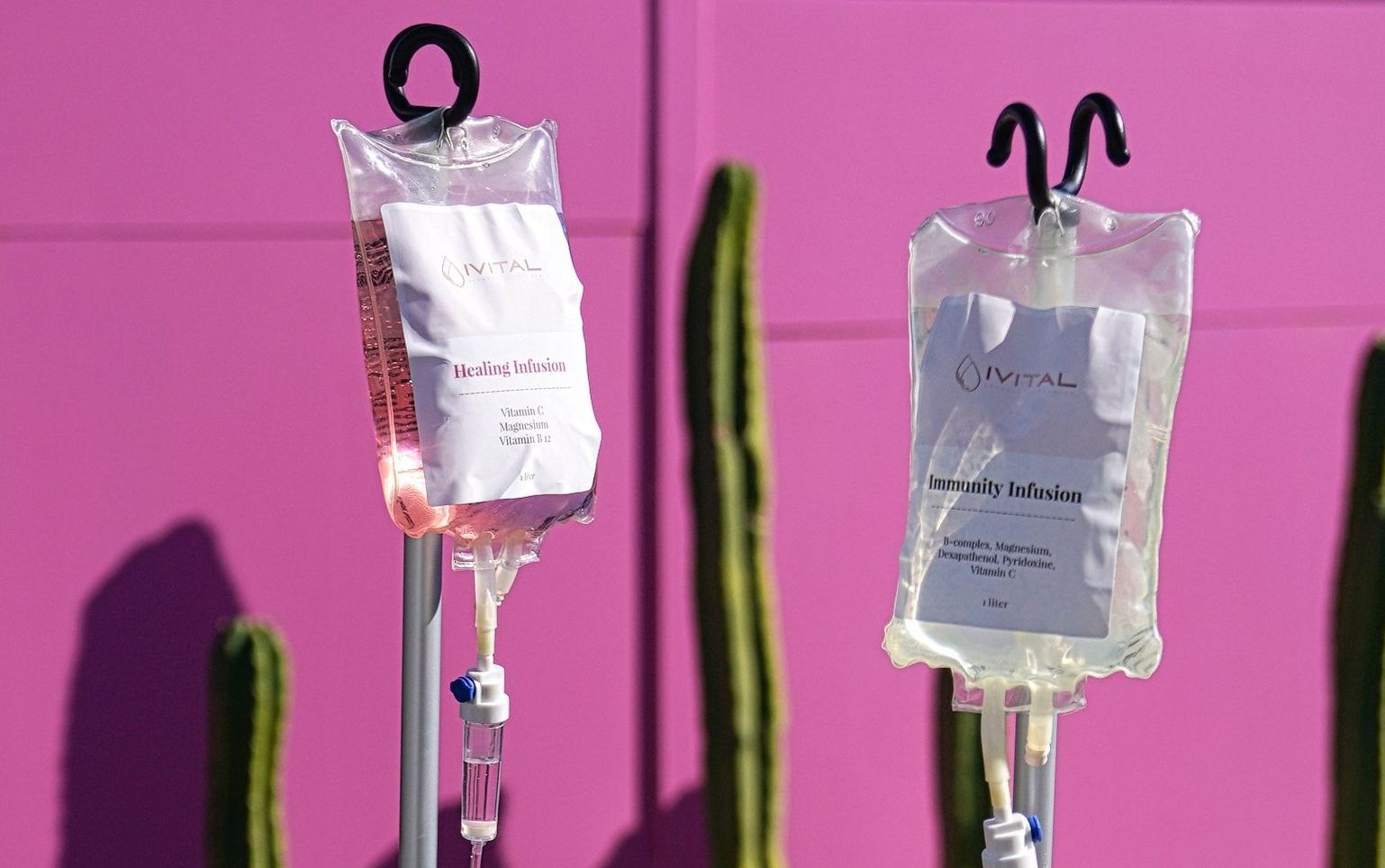

Disclaimer - The products and services provided by IVital, Inc are not intended to treat, diagnose, prevent or cure any illness or disease. The services provided on this website have not all been evaluated by the Food and Drug Administration. The information on this website is for educational purposes only and not intended as medical advice. Although IVital is run by professionals in their fields who have endeavored to formulate exceptional services and products to every individual, we still ask that you consult your physician before beginning any treatment or procedure.
All Rights Reserved | IVital LLC.


